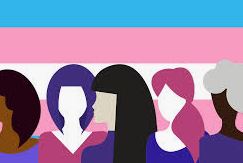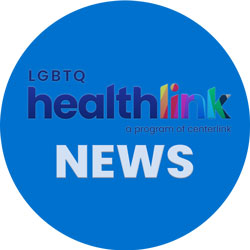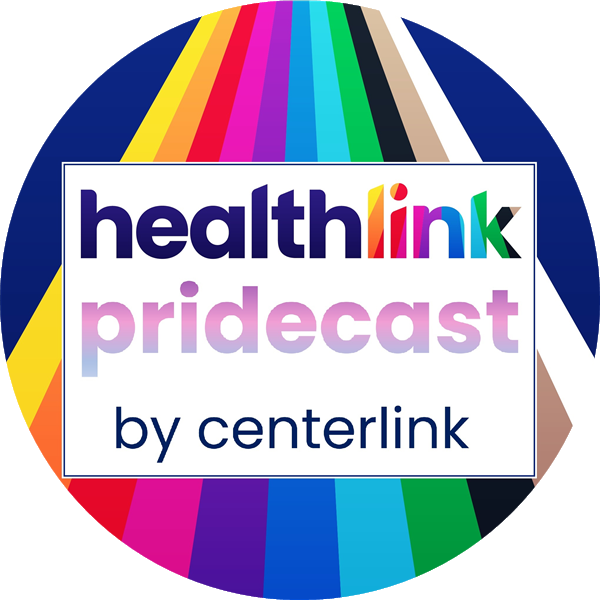Puberty Blockers, Queer Identities, and More

LGBT HealthLink, 1/29/2020
Now you can HEAR your Weekly Wellness Roundup, too! Subscribe to our weekly podcast here: https://apple.co/2lzs5Ti or where ever you podcast.
Puberty Blockers Could Save Lives
Researchers found that among 20,000 transgender adults, 16.9% wished they had access to puberty blockers (hormone therapy that delays puberty during adolescence), while only 2.5% actually accessed the treatment. Those who did use puberty blockers had much lower odds of ever having considered suicide – highlighting the potentially lifesaving importance of hormone therapy for youth.
HIV Agency Says Health Not a Privilege
UNAIDS announced at the World Economic Forum in Davos that world leaders should be doing more to ensure healthcare to vulnerable populations, such as LGBT people, women, and immigrants. They say that nations need to invest more spending in healthcare, which should be a right and not a privilege of the rich, if health problems such as HIV are to be overcome.
Who Identifies as Queer?
NBC News reported on new research finding that while “queer” is the primary identity of only 6% of LGBTQ people, it is particularly popular among young adults aged 18-25, with more than three in four queer-identified adults falling into that age range. 83% of queer individuals were identified as female at birth, and they expressed more diverse sexual attraction than did gay- or lesbian-identified individuals.
Measuring Internalized Transphobia
A study tested a new measure of internalized transphobia, which used four dimensions to explore this theme with transgender individuals: pride in their identity as a trans person, interest in “passing” as a cisgender person, alienation from the transgender community, and shame with being transgender. They found the measure to be reliable, meaning that it could be helpful in further research on the impact of internalized transphobia as a form of minority stress.
Online Training for UK Doctors
Digital Health reported on a “first-of-its-kind” online resource for UK general practitioners that aims to train them on providing quality care for LGBT patients. The program, which was created by a leading professional association and the government, has six modules on topics like creating inclusive environments, improving mental health, and properly screening transgender and nonbinary individuals.
Share Your HIV Story
The CDC called for applicants to help share their stories with HIV prevention or treatment as part of the Let’s Stop HIV Together campaign. The goal of the campaign is to prevent HIV infection by encouraging use of services such as PrEP for HIV prevention, and they are looking for real people to share their stories as a way of encouraging others. Selected applicants will be contacted in the coming months as the campaign develops.




